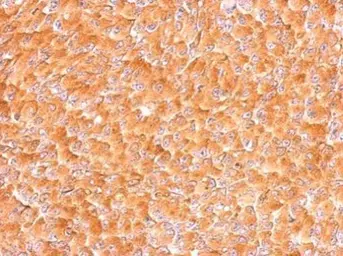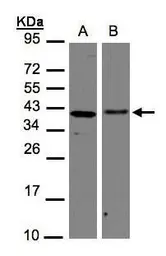AIMP1 antibody
Cat. No. GTX105175
Cat. No. GTX105175
-
HostRabbit
-
ClonalityPolyclonal
-
IsotypeIgG
-
ApplicationsWB ICC/IF IHC-P
-
ReactivityHuman


